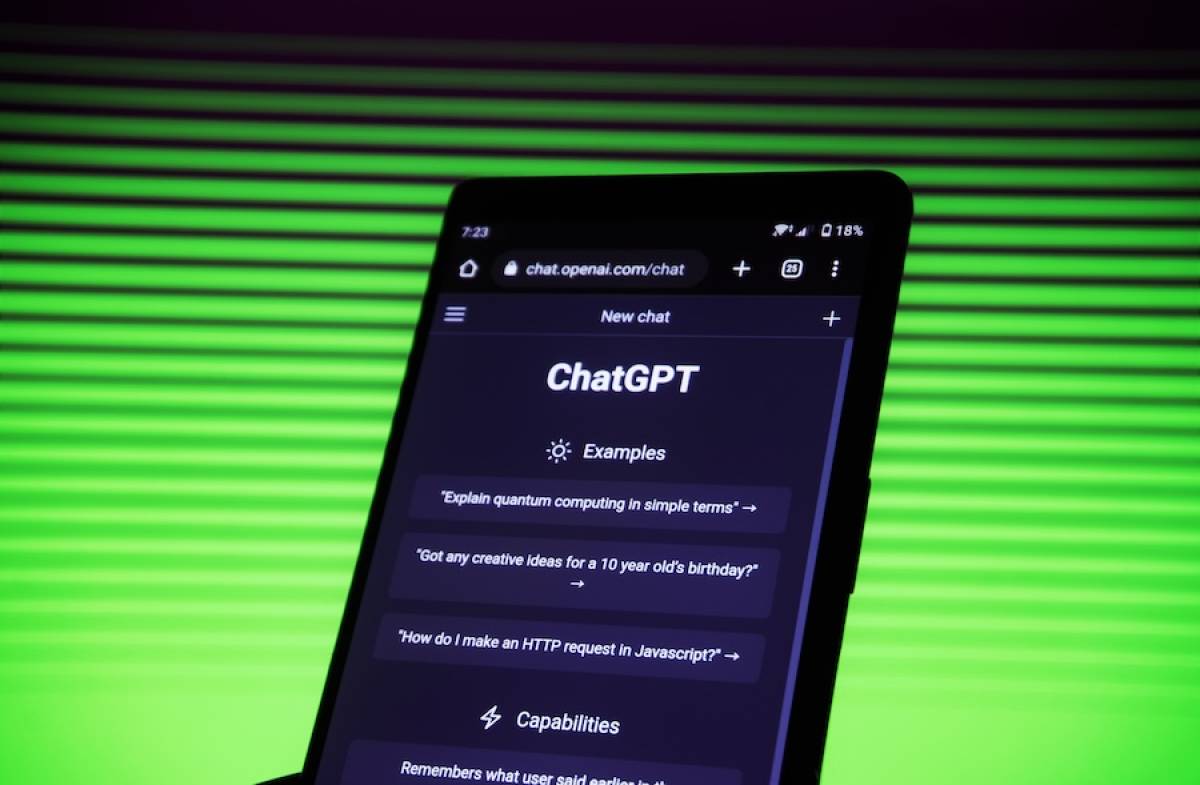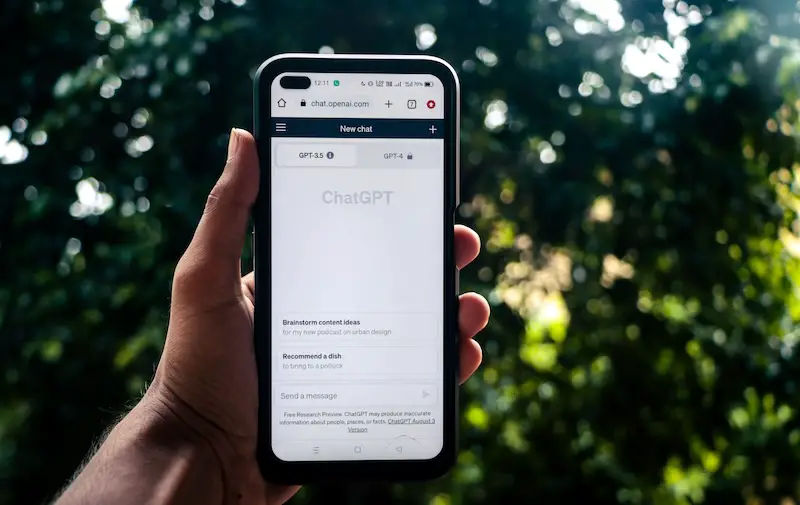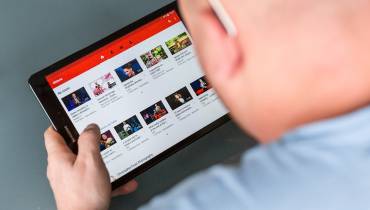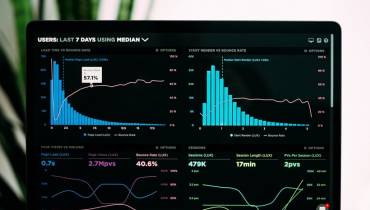Top Industries Using ChatGPT the Most at Work

Since ChatGPT’s launch, the search for artificial intelligence has rocketed by 1,700%. The chatbot, which has attracted over 100 million global users, has been the centre of much debate in recent months, especially when it comes to its position within the workplace.
Keen to learn more about the use of ChatGPT within businesses, Indusface.com surveyed 2,000 UK workers across varying job levels and sectors, to find out more about the use of ChatGPT in the workplace across the UK.
Key Findings:
- The Advertising industry ranks as the sector using ChatGPT the most whilst working, with almost two fifths (39%) of respondents utilizing the bot.
- The Legal industry ranks second, with 38% of respondents claiming they use ChatGPT at work.
- Writing up reports is the most common reason for using ChatGPT at work, with more than a quarter (27%) of respondents naming this as their reason for using this form of AI.
- Over half (55%) of UK workers stated that they do not trust working with another business who uses ChatGPT!
Top 10 Industries Utilizing ChatGPT the MOST

The study reveals that Advertising is the industry which uses ChatGPT the most on the job, with almost two fifths (39%) of employees admitting to using it for work. Among them, 11 admit to using it frequently, more than once a week.
Only slightly more than 5% of people working in the industry said they will never use ChatGPT, showing a more welcoming and open-minded attitude towards applying ChatGPT within the advertising industry.
Businesses within the Legal sector rank as the second industry using ChatGPT the most. 38% of legal workers surveyed admit to using ChatGPT or alternative methods of AI for work. This is perhaps unsurprising since recent reports show that AI is reshaping the legal industry by improving contract efficiency and automation.
Arts & Media comes in third place, with 33% of workers within the sector admitting to using ChatGPT for their work. According to the findings, art workers are applying AI to their work more frequently than any other industry within the top 10, with over 13 admitting to using it at least once a week.
The top 10 industries utilizing ChatGPT the MOST
Rank
Industry
% of workers using ChatGPT
1
Advertising
39%
2
Legal
38%
3
Arts & Media
33%
= 4
Information & Communication Technology
30%
= 4
Construction
30%
= 6
Real Estate & Property
29%
= 6
Manufacturing
29%
= 6
Call Centre & Customer Service
29%
= 9
Healthcare & Medical
28%
= 9
Government & Defence
28%
Top Ways Businesses Are Utilizing& ChatGPT in the UK
According to the survey, work reports are most likely to be written by ChatGPT or AI, with it being the top reason people (27%) are using AI for!
Coming second is translation with a quarter (25%) of people using ChatGPT at work for this reason. The third reason is for their own research purposes (17%).
At the bottom of the table, 11% of employees are using ChatGPT to write their client emails!
Top five ways UK businesses are utilizing ChatGPT
Rank
Reasons businesses use ChatGPT
% of business using it for this reason
1
Writing up reports
27%
2
Translations
25%
3
Research purposes
17%
4
Client emails
11%
5
Internal emails
8%
Risks and Benefits of Using ChatGPT
Despite the popularity of ChatGPT, over half (55%) of business workers stated that they do not trust working with another business who uses ChatGPT or similar AI in their workplace!
Commenting on the matter, Venky Sundar, Founder and President of Indusface shared his insight on the risks and benefits associated with using ChatGPT in the business world:
“Specific to business documents the risks are: legal clauses have a lot of subjectivity, and it is always better to get these vetted by an expert.
The second risk is when you share proprietary information into chatGPT and there’s always a risk that this data is available for the general public, and you may lose your IP.
So never ask chatGPT for documentation on proprietary documents including product roadmaps, patents and so on.”
Venky Sundar continues:
“The benefits are that a V1 draft could be easily obtained, and it is helpful to frame thoughts especially for generic templates such as email templates and so on.
“For application security, the risk is, you are unsure that the code snippets written by ChatGPT are secure. You will still need to perform in-depth security testing before deploying them.
“The maturity level of addressing the data and ownership of trust is still not well defined and the businesses are right in not trusting it completely as they are worried about the use or more appropriately misuse of their data. Like every technology, there will be early adopters, but these people are tech savvy and a minority. For everyone to adopt, it will take its own time.”
He adds:
“ChatGPT or LLMs in general have made the development cycles very short. It is easier now to convert an idea to a working proof of concept in a matter of days when compared to months before.
The risk though is that POC should just be used for that purpose. If you go to market with the POC, there could be serious consequences around application security and data privacy.
The other risk is with just using LLMs as an input interface for the products and there could be prompt injections and the risk is unknown there.
One thought process is the knowledge base used to build productivity use cases and the knowledge base used to build defence use cases on what’s not acceptable have to be separate sources that need to be trained and updated continuously.”




















